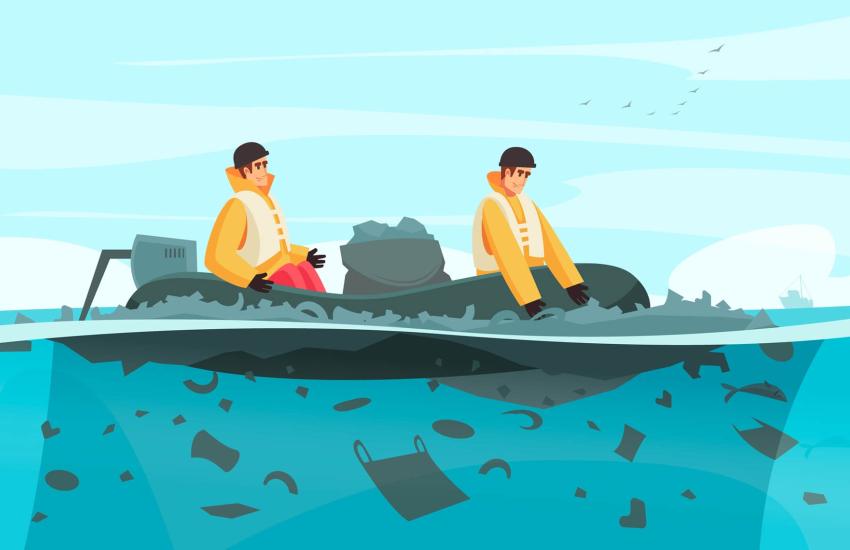Breadcrumb
-
Guidebook
-
Marine Conservation
-
Engaging Local Communities in Marine Conservation Projects
Engaging Local Communities in Marine Conservation Projects

Engaging local communities in marine conservation projects is crucial for the success and sustainability of conservation efforts. Here are key reasons why involving local communities is important and strategies for effective community engagement:
Local Knowledge and Perspectives
Local communities often possess valuable knowledge about marine ecosystems, species, and traditional conservation practices. Their understanding of local ecosystems and cultural connections to the ocean can provide unique insights and contribute to more informed conservation decision-making. Engaging local communities allows for the integration of their knowledge and perspectives into conservation strategies, leading to more effective and culturally appropriate solutions.
Sense of Ownership and Stewardship
Local communities might feel a sense of ownership and care over marine resources by getting involved in marine conservation initiatives. People are more likely to assume responsibility for the sustainable use and protection of maritime habitats when they feel invested in conservation activities. This sense of ownership encourages long-term commitment and guarantees that conservation efforts will continue when the project is finished.
Sustainable Livelihoods
Participating in the neighborhood in marine conservation initiatives can support sustainable livelihoods. Conservation efforts can create economic opportunities that are in line with marine conservation aims by including alternative income-generating activities like eco-tourism, sustainable fishing methods, or community-based companies. By emphasizing the connection between community well-being and ecosystem health, this strategy guarantees that communities have a personal stake in safeguarding maritime resources.
Education and Awareness
Community engagement provides opportunities for education and raising awareness about marine conservation. Workshops, training programs, and public outreach initiatives can help inform community members about the importance of marine ecosystems, the threats they face, and the actions individuals can take to contribute to conservation. By empowering local communities with knowledge, they become advocates for marine conservation within their own networks.
Collaborative Decision-Making
Engaging local communities in decision-making processes is crucial for building trust, fostering collaboration, and ensuring that conservation efforts align with community needs and aspirations. Inclusive processes that involve community members in project planning, implementation, and evaluation create a sense of ownership and legitimacy. It also helps address potential conflicts and allows for the integration of diverse perspectives.
Capacity Building and Skill Development
Engaging local communities in marine conservation projects provides opportunities for capacity building and skill development. Training programs on sustainable resource management, conservation techniques, monitoring methodologies, and entrepreneurship can empower community members to actively participate in conservation activities. Building local capacity ensures the sustainability of conservation efforts and strengthens the overall resilience of communities.
Strategies for Effective Community Engagement
- Establish partnerships and collaborations with local community organizations, leaders, and stakeholders.
Conduct regular and transparent communication to keep communities informed about conservation projects and progress. - Respect and integrate local knowledge and traditions into conservation strategies.
- Involve community members in project planning, implementation, and evaluation processes.
- Tailor conservation initiatives to address community needs and aspirations.
- Provide opportunities for education, training, and capacity building.
- Recognize and support local initiatives and traditional conservation practices.
- Foster a sense of pride and ownership over marine resources through community events and celebrations.
- Ensure equitable distribution of benefits and opportunities among community members.
- Evaluate and adapt community engagement strategies based on feedback and lessons learned.
- We can promote cooperation, empower local people, and guarantee the long-term viability of conservation activities by involving them in marine conservation initiatives that are in line with their needs, values, and goals. We can work together to ensure that our maritime environments have a sustainable future.

